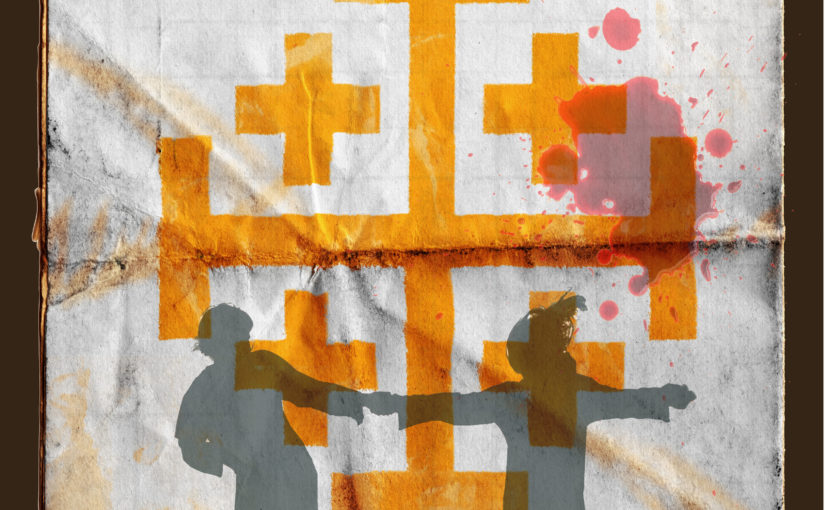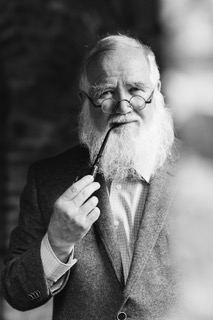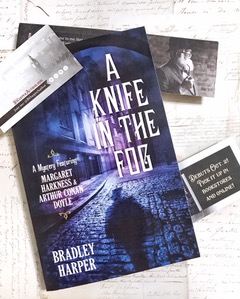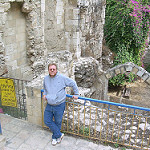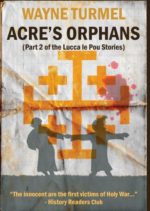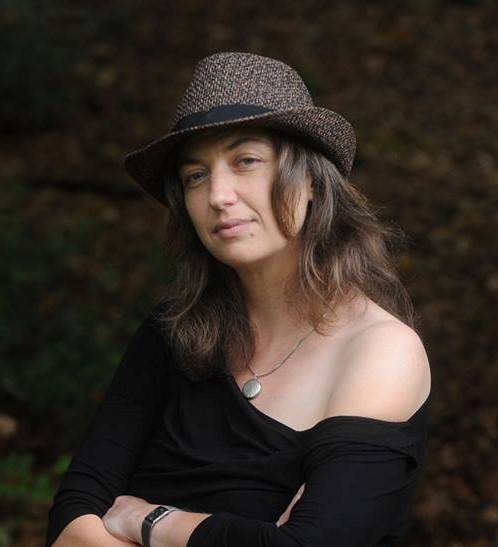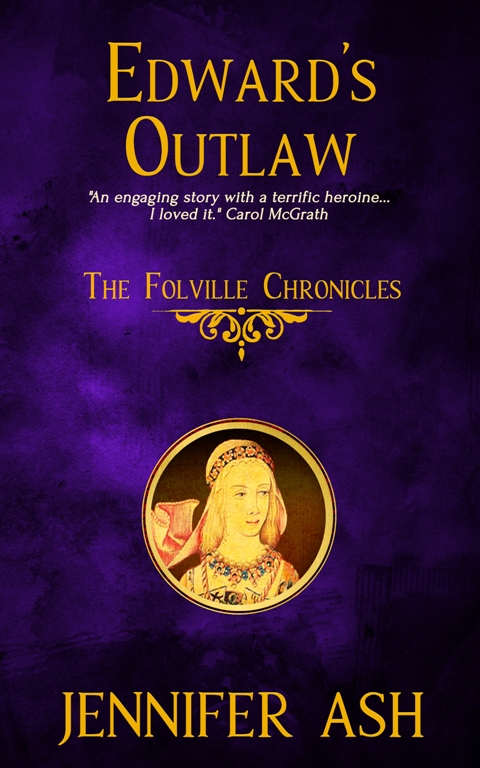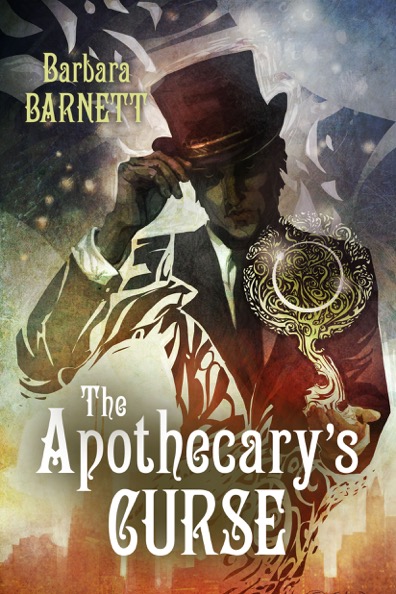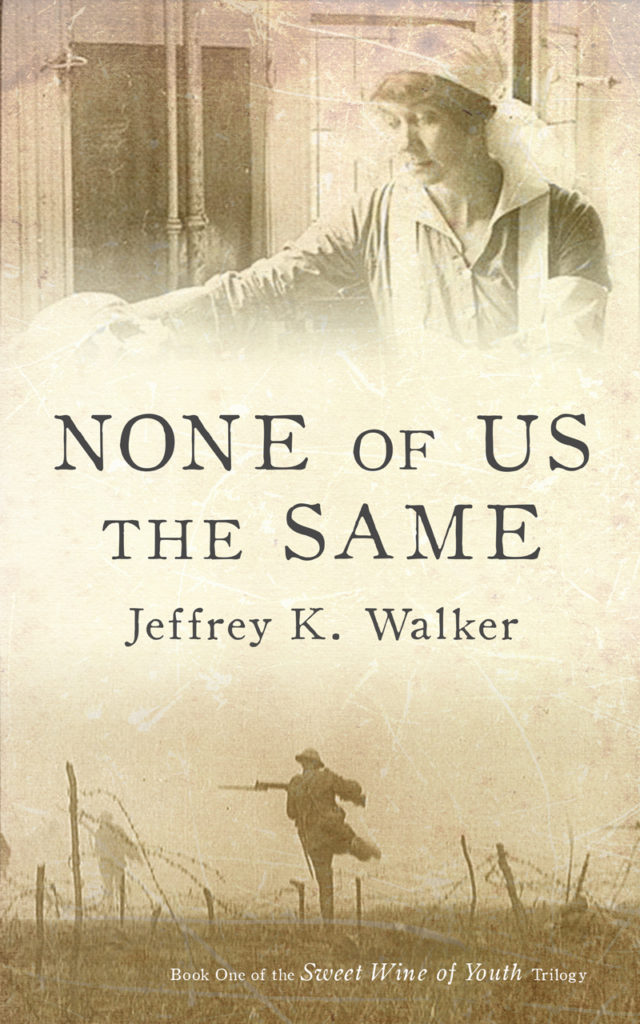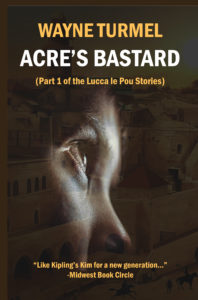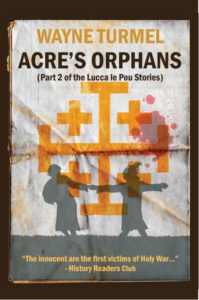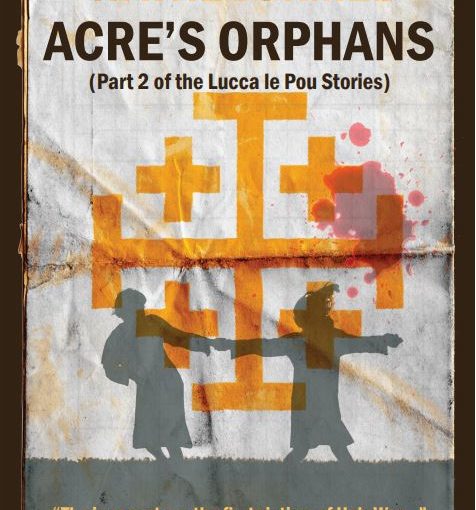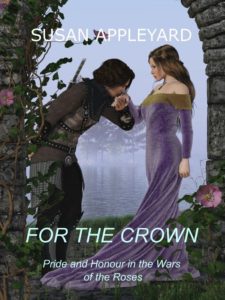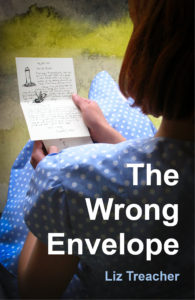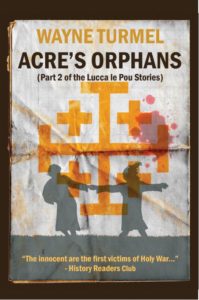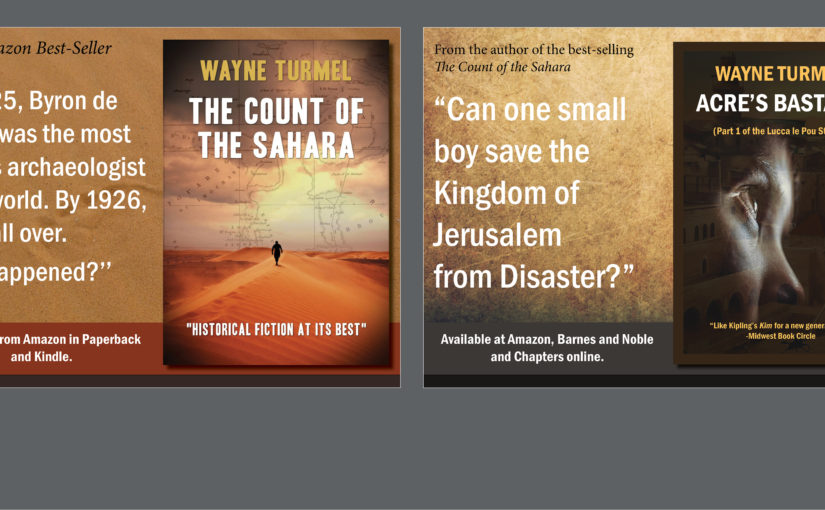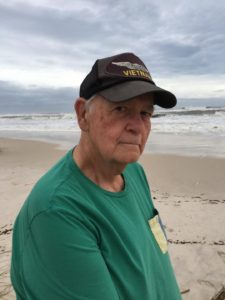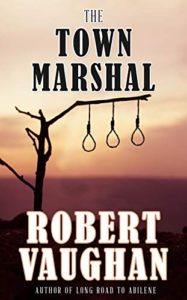I’ve always loved sea-faring stories, which is odd since I can get “mal-de-mer” in a hot tub. Still, the idea of being on a schooner is romantic and thrilling. Bill Kirton has captured that spirit, plus what historical fiction does best, he focuses on a little-known art: the carving of the elaborate figureheads ships bore. His two-part series The Figurehead, and his latest, The Likeness.
So, Bill. You’re an interesting cat. What’s your story?
I’ve been lucky. My main job was as a university lecturer teaching French, which involved sitting a

What’s the plot of The Likeness?
The book’s set in Aberdeen, Scotland in 1841. It’s the sequel to my first historical novel, The Figurehead, and it features a figurehead carver, a visiting troupe of actors performing maritime melodramas, and the strong-willed daughter of a ship-owning merchant in the city. There’s a suspicious death (which the carver investigates), a romance, which started in the first book and comes to its maturity in the second, and the first steps of the heroine in the (man’s) world of early Victorian commerce.
It was written to satisfy the demands of some readers who said nice things about The
That’s how Acre’s Orphans came about, readers wouldn’t let me give Lucca any rest. What is it about the story that had you so fascinated?
The book had a strange genesis. I’d written five modern crime novels and a non-writing friend said to me ‘You should write about a figurehead carver.’ ‘Why?’ I said, and he just shrugged his shoulders. But I love anything connected with the old, square-rigged sailing ships and Aberdeen has such a great ship-building past that I was hooked on the idea. It also gave me an excuse to learn wood carving (so that I could convey how it feels to create figureheads) and
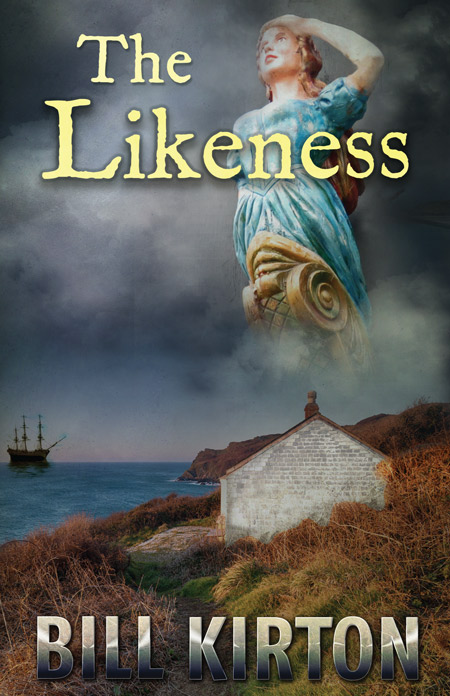
I know this is an unfair question, but do you have a favorite scene?
Helen Anderson, the female lead, is often a scene-stealer, so any time she appears, things happen, but the activities of the actors during play rehearsals and performances, as well as the workings of stage machinery and effects in Victorian theatre are fascinating. From that, I even learned where the expression ‘You’ve stolen my thunder’ came from.
There’s also Helen’s voyage on board one of her father’s ships. And the final two scenes – the ‘reveal’ of whodunit, then the decision the carver and Helen eventually make about their future. Writing all of them presented different challenges so it’s hard to pick a
Where can we learn more about you and your work?
My website and blog are at www.billkirton.com and both books are on Amazon, where my author page is https://www.amazon.com/Bill-Kirton/e/B001KDNSLY, and Goodreads https://www.goodreads.com/author/list/1100307.Bill_Kirton
And on Twitter, I’m @carver22
Not to barge in on Bill’s interview, but Acre’s Orphans is now available for pre-order on Amazon, Barnes and Noble, and Chapters. Please help us launch it successfully by buying now. And any time you read a book like The Likeness (or one of mine,) please leave an Amazon or Goodreads review. It’s like applause for the author.
